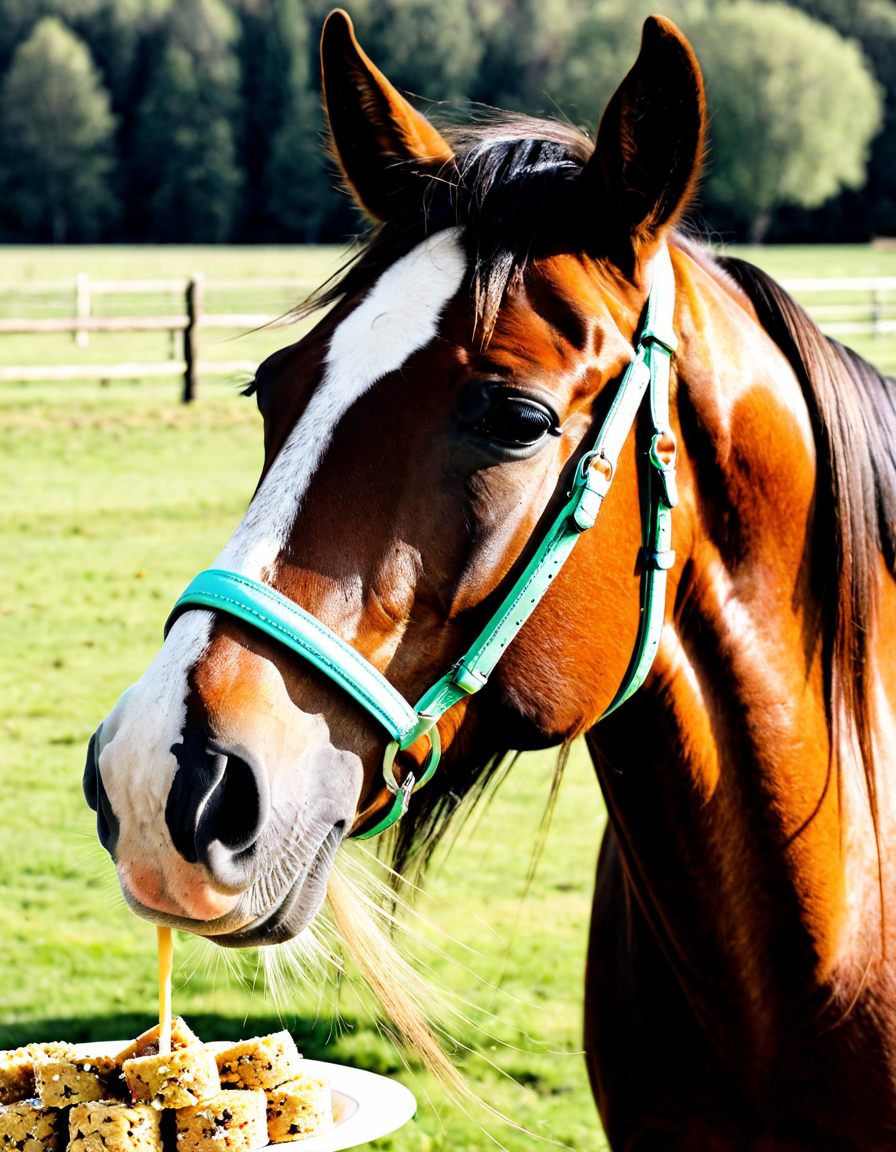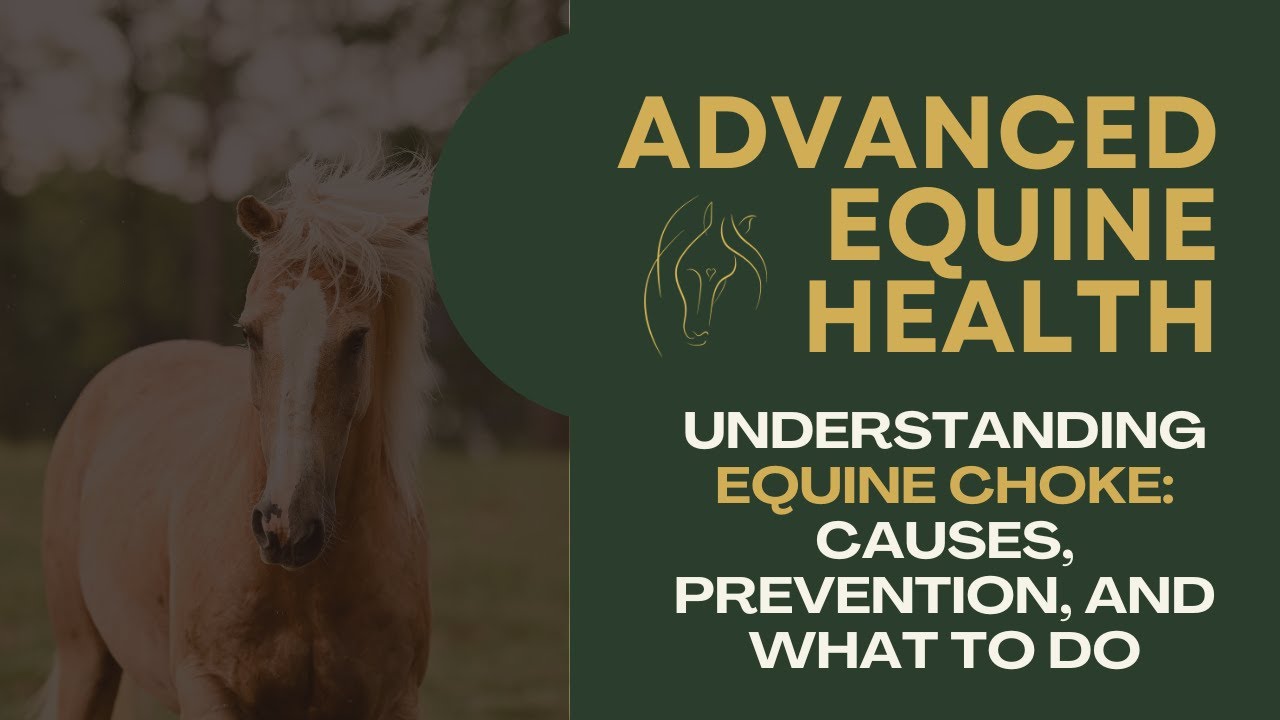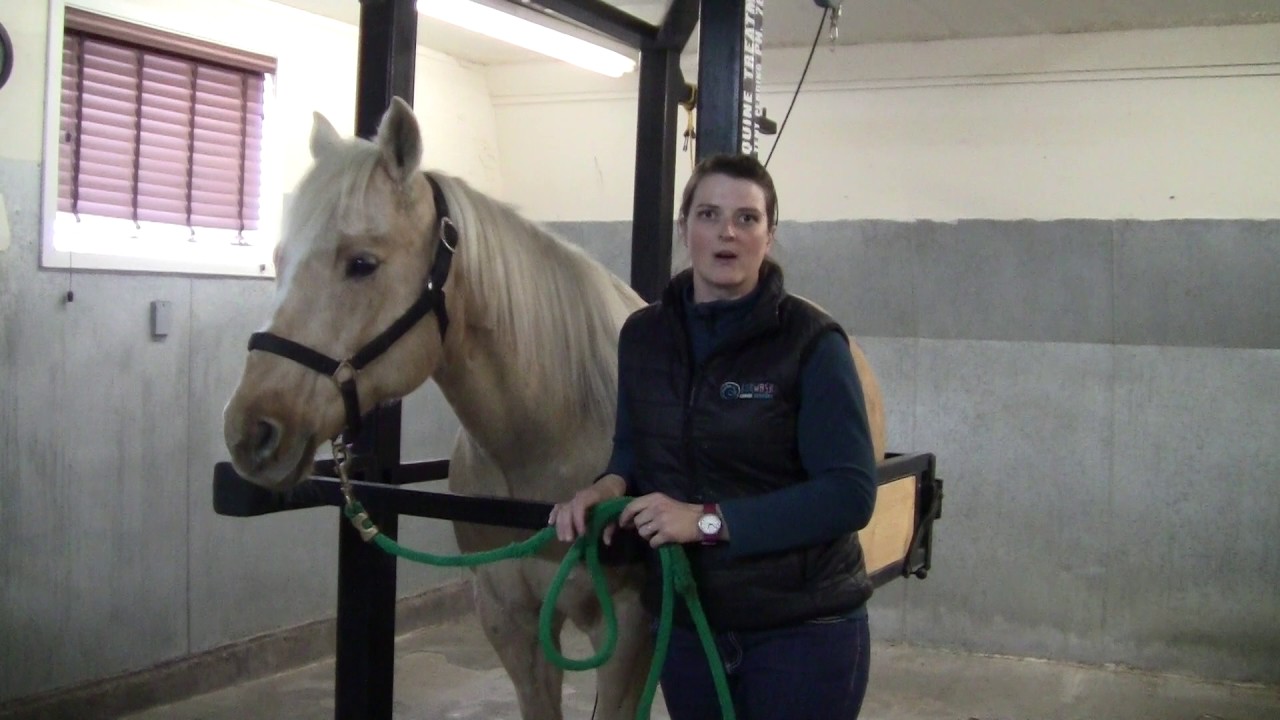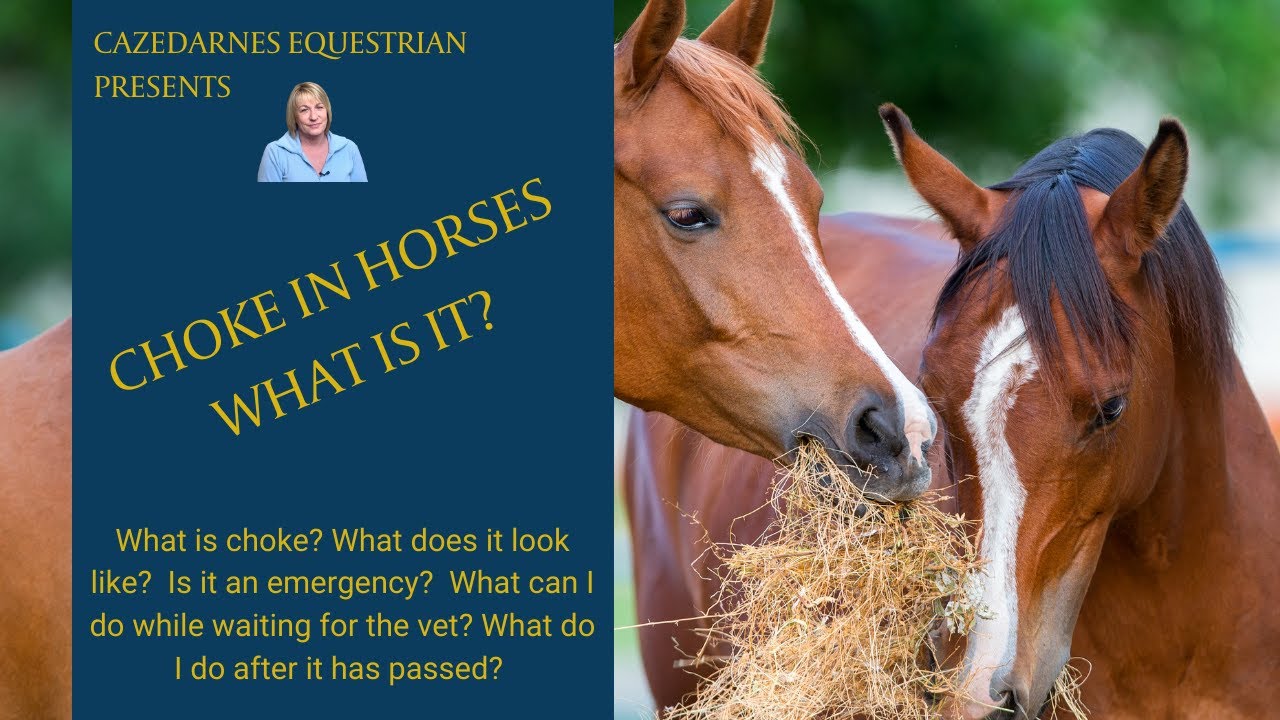Choke in horses is a serious condition that can have detrimental effects on a horse’s health and well-being. When a horse’s esophagus becomes obstructed, it prevents normal swallowing, leading to potentially severe complications. Understanding the causes, symptoms, prevention, and treatment of choke is vital for any horse owner. Plus, recognizing how it connects with other equine health issues, such as scratches, thrush, Cushing’s disease, rainscald, and shivers, is equally essential.
1. What is Choke in Horses? Symptoms and Causes
Choke happens when something blocks the esophagus, making it hard for the horse to swallow. This can result from several factors, including:
Symptoms of choke include excessive salivation, difficulty breathing or coughing, nasal discharge often mixed with food particles, and evident distress. Recognizing these signs can be lifesaving.
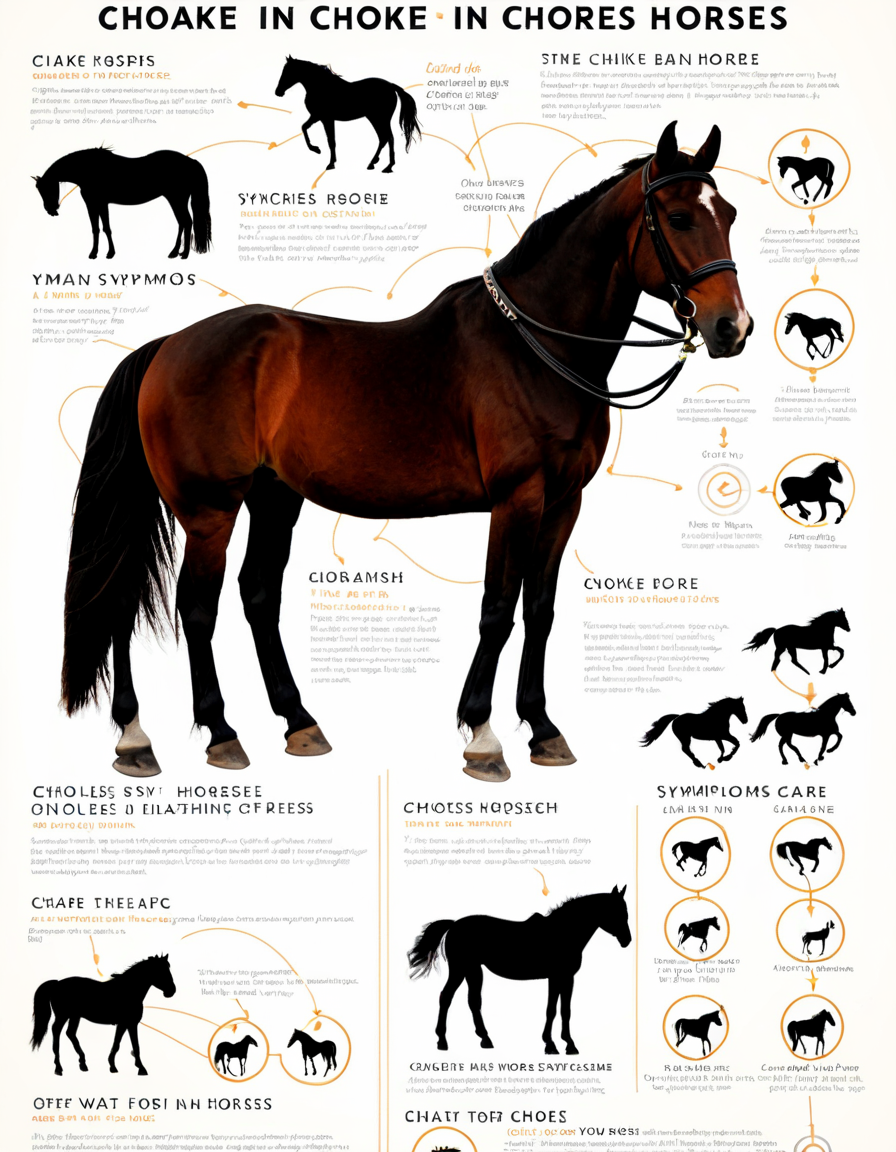
2. The Impact of Choke on Overall Equine Health
Choke poses multiple risks that can lead to severe health issues, such as aspiration pneumonia and esophageal rupture. Understanding these complications is crucial:
Being aware of choke’s broader health implications underlines its importance in overall horse care.
3. Prevention Strategies for Choke in Horses
Preventing choke is often more effective than treating it. Here are some strategic measures you can take:
Implementing these strategies is key for every horse owner aiming to prevent choke.
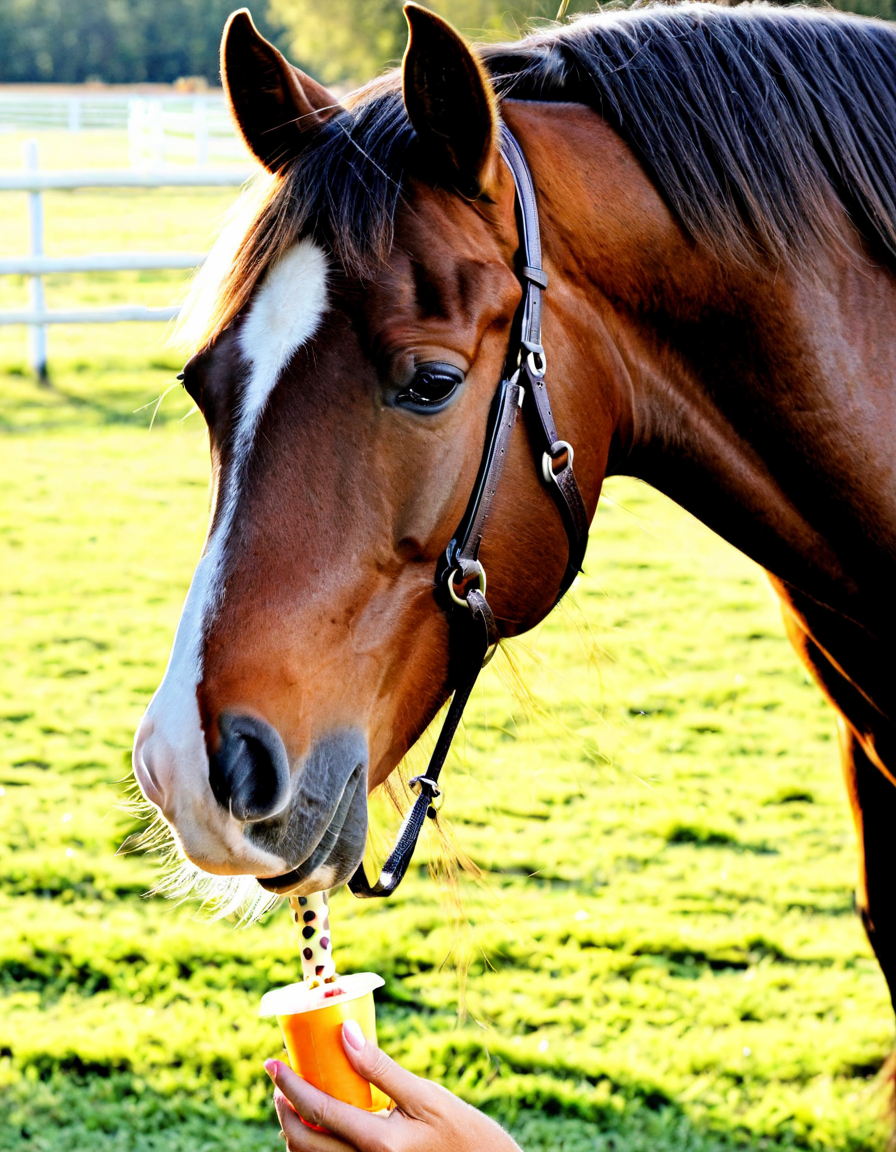
4. Related Health Issues: Scratches, Thrush, Cushing’s, Rainscald, and Shivers
Choke isn’t the only concern for horse health. Here are a few additional issues that horse owners should be aware of:
Each of these conditions can independently affect your horse’s quality of life, making awareness essential.
5. What to Do If Your Horse Chokes
If you suspect your horse is choking, remain calm and act quickly. Here’s what to do:
Timely intervention can make a world of difference in choking cases.
Innovative Wrap-Up: Building a Proactive Health Plan for Horses
Understanding choke in horses is just one part of keeping your horse healthy. By developing a proactive health plan that includes regular veterinary visits, dental check-ups, and preventive measures against common conditions, you improve your horse’s quality of life. Awareness and quick action can turn potentially serious situations into manageable ones, standing by your equine friend for many happy, healthy years ahead.
Every detail counts, from monitoring their behavior when eating to ensuring dental care is up to par. The next time you’re around your horse, take a moment to review their overall health—not just for choke in horses but also regarding scratches in horses, thrush in horses, Cushing’s, rainscald, and shivers. After all, a healthy horse is a happy horse!
For more insights on horse care, or to learn about other animal-related topics, such as do Women like it When You meow at Them, How long Does a horse stay pregnant, and even whether toilet water is clean, feel free to explore our site for more expert advice!
Choke in Horses: Fun Facts You Need to Know
What is Choke in Horses?
Choke in horses isn’t as scary as it might sound, but it’s still something every horse owner should be aware of. When a horse gets food lodged in its esophagus, it can’t swallow properly, which sometimes requires quick action. Believe it or not, horses can be picky eaters, and their chewing habits can greatly influence their risk of choking. If you’re ever watched a horse gobble food down like they’re on a game show, you might wonder how a horse could choke! Just like humans can wonder why Does My breath smell so bad When I sneeze, our equine friends can have their own issues with their respiratory and digestive health when they eat too quickly.
Warning Signs to Watch Out For
A choking horse will often display certain behaviors; you may notice them stretching their necks, coughing, or making gagging sounds. It’s kind of alarming, right? Just like a signing agent has to be quick in their tasks, horse owners need to be vigilant when it comes to their horse’s eating habits. Did you know that a horse can choke on things like dry hay or improperly sized treats? Ensuring that your horse’s diet is well-balanced and appropriate can help avoid those surprise panic moments. To help stave off choke, consider using a slow feeder or special treat sizes. It’s all about keeping ‘em safe and sound.
The Unexpected Trivia: Did You Know?
Here’s a fun tidbit: the term “choke” isn’t exclusive to horses; it’s a common term in many animals! In fact, some pets—even dogs—can suffer from similar issues, so if you’ve got multiple furry friends at home, stay alert. On a lighter note, did you know that much like the dandy adventures of the Dandadan television show, horses can have quirky personalities that add a bit of joy to your day? They have an attachment to routine, and anything that disrupts their feeding can lead to stress. And just like you’d avoid drinking Is toilet water clean, be thoughtful about how you manage your horse’s meals to keep their health in tip-top shape. Knowing how to prep your horse’s food properly is key to prevention, so keep your eyes peeled and your hands ready!
